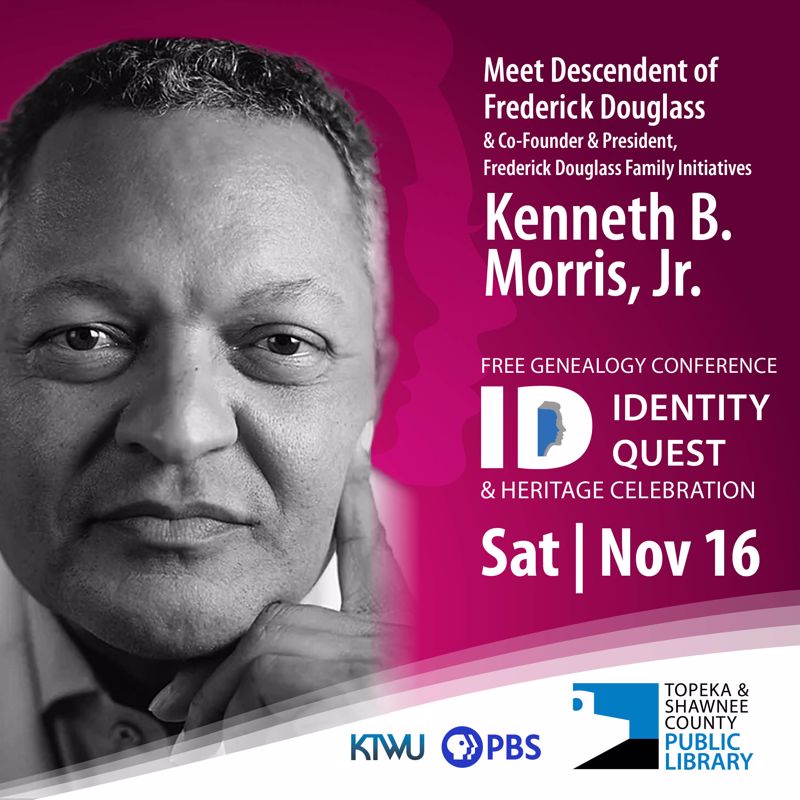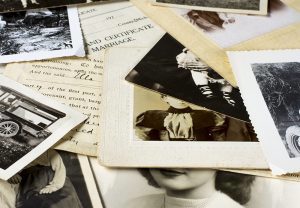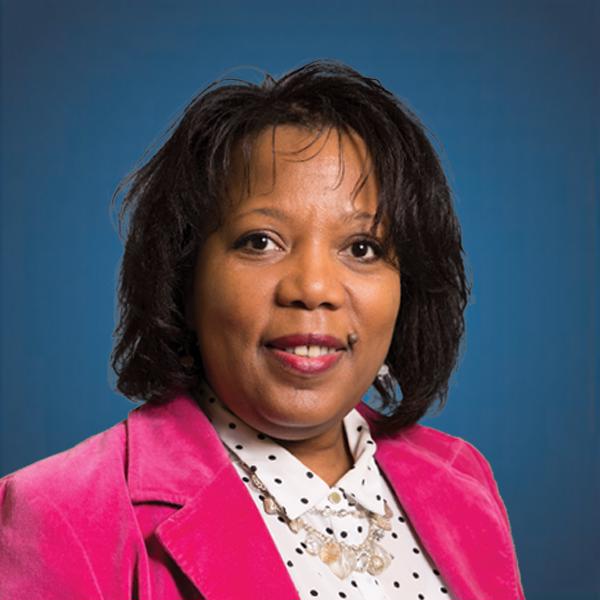Finding your identity with genealogy research
We are all on an identity quest
One of the most important things people look for is belonging. Who do you belong to? What are the characteristics you share with your family?
Identity can mean different things to different people. Maybe it's your eye color. Maybe it's your temperament, the way you walk or talk, the foods you like or don't like, or even what you're allergic to. Whatever it is, you likely got it from someone somewhere in your family tree.
One of my friends found out she and her children suffered from celiac disease. When her daughter traveled to Scandinavia and got sick, she learned it was very common there. Scandinavia is also exactly where her family roots were. She researched her family for years but never knew her family connection to this disease.
Get started finding your identity with free conference
The study of your family and the history that goes with your life experiences help to shape your identity. It tells you who you are in a broader sense. In a way that helps you find your place in the world. DNA is the scientific proof that you belong to a particular group of people.
 On Nov 16, 2024, come to the library and learn about your identity! We will have a full day of classes on various cultures and exhibitors on various heritages. You can have consultations with heritage societies or learn more about the heritage you have identified as your own. Any way you look at it, you can find out more about your family tree with Identity Quest.
On Nov 16, 2024, come to the library and learn about your identity! We will have a full day of classes on various cultures and exhibitors on various heritages. You can have consultations with heritage societies or learn more about the heritage you have identified as your own. Any way you look at it, you can find out more about your family tree with Identity Quest.
This free event is sure to be a great one as we continue to celebrate the 70th anniversary of Brown vs Topeka Board of Education. Our guest speaker is Kenneth B. Morris, Jr., 3xs great grandson of Frederick Douglass and 2xs great grandson of Booker T. Washington. He will share his heritage with us as well as his love for education.
Visit our Identity Quest website to learn more about our conference and register for free!
Just getting started? We use the Golden Rule of genealogy research to get started. Write down what you know and find out what your immediate family knows about your family. Who are all the people connected to your family and what do they know? The stories you learn are deeply enriched with clues to help you continue the research incrementally backwards one generation at a time. You will then be able to answer the questions that help you to explore your identity!















